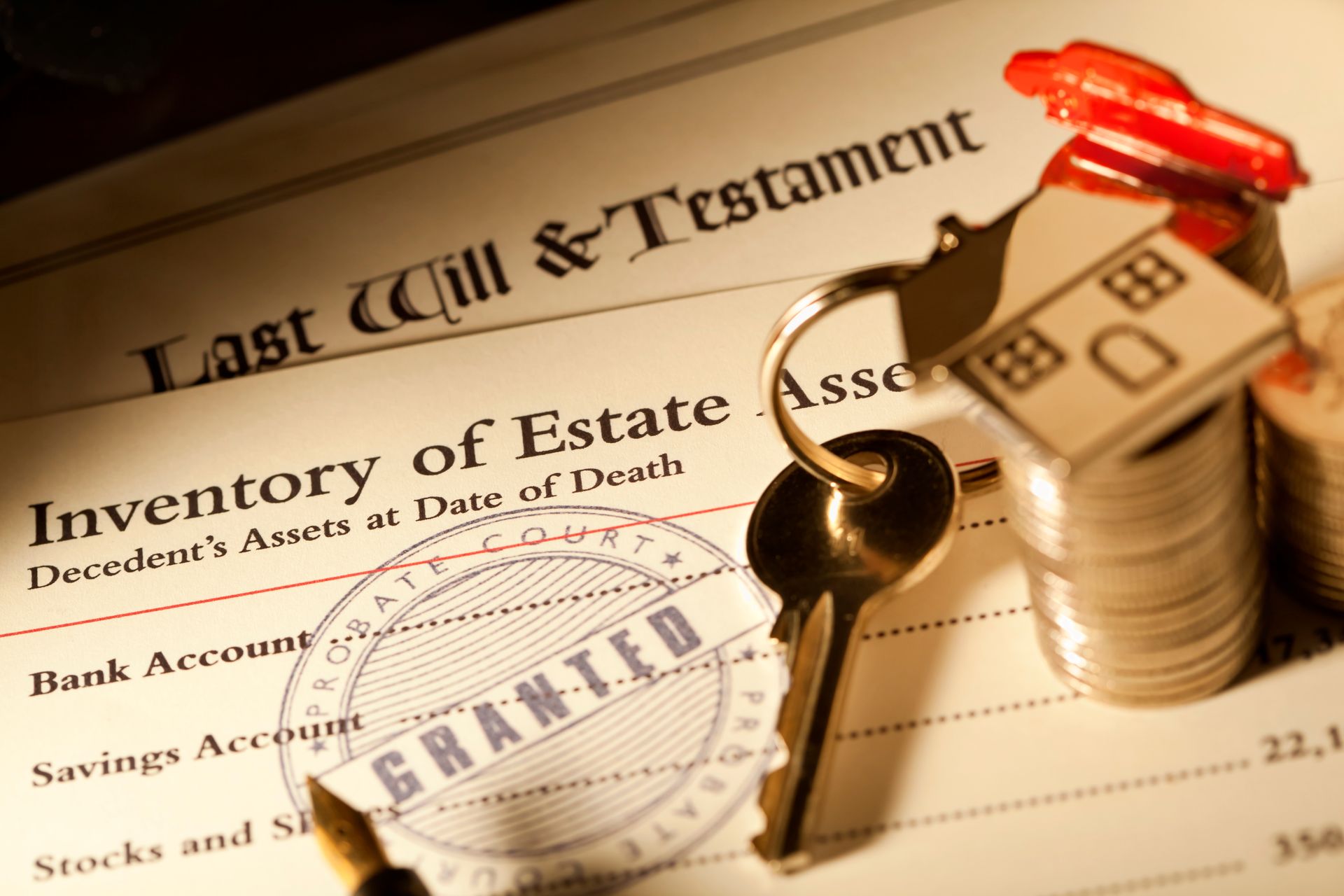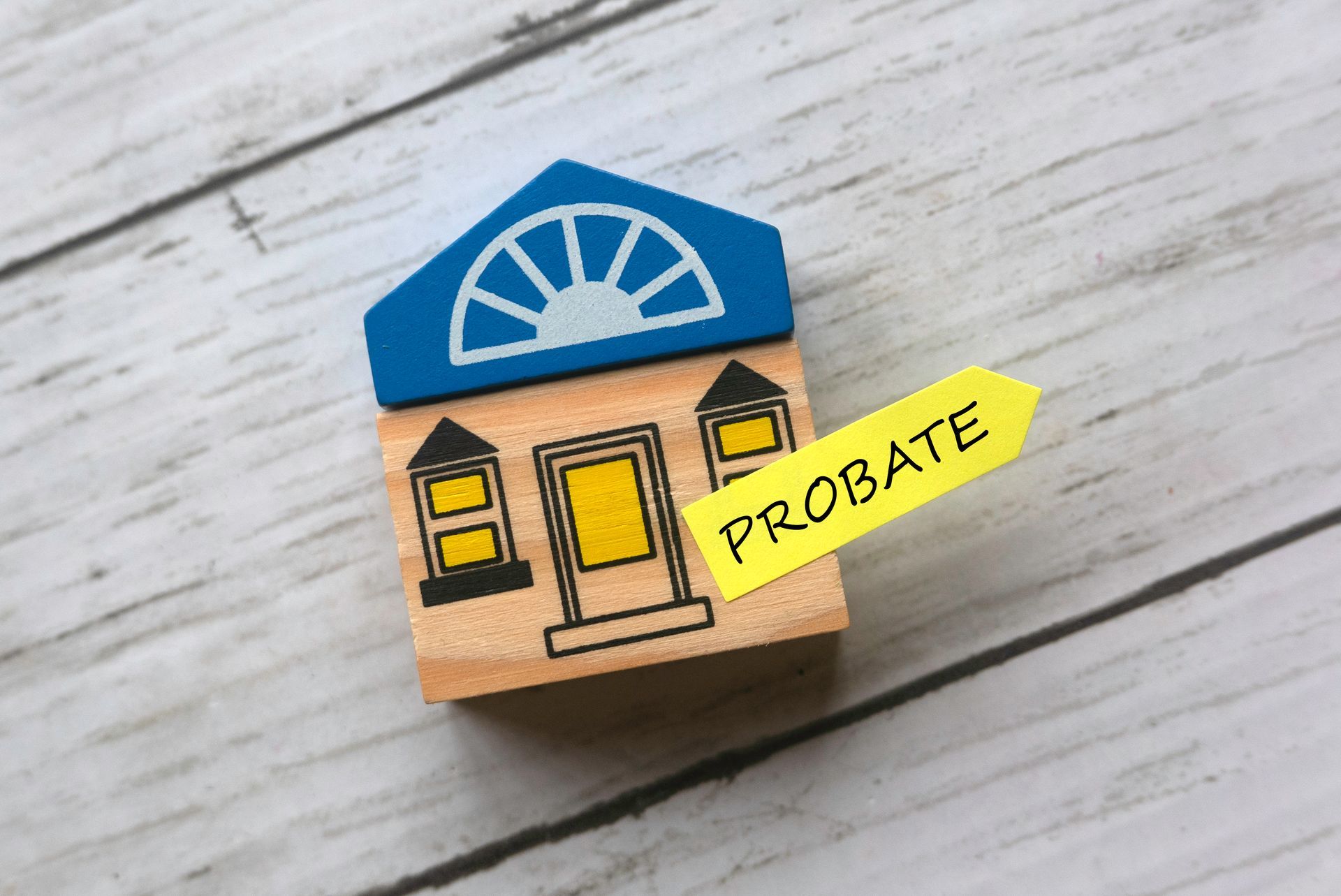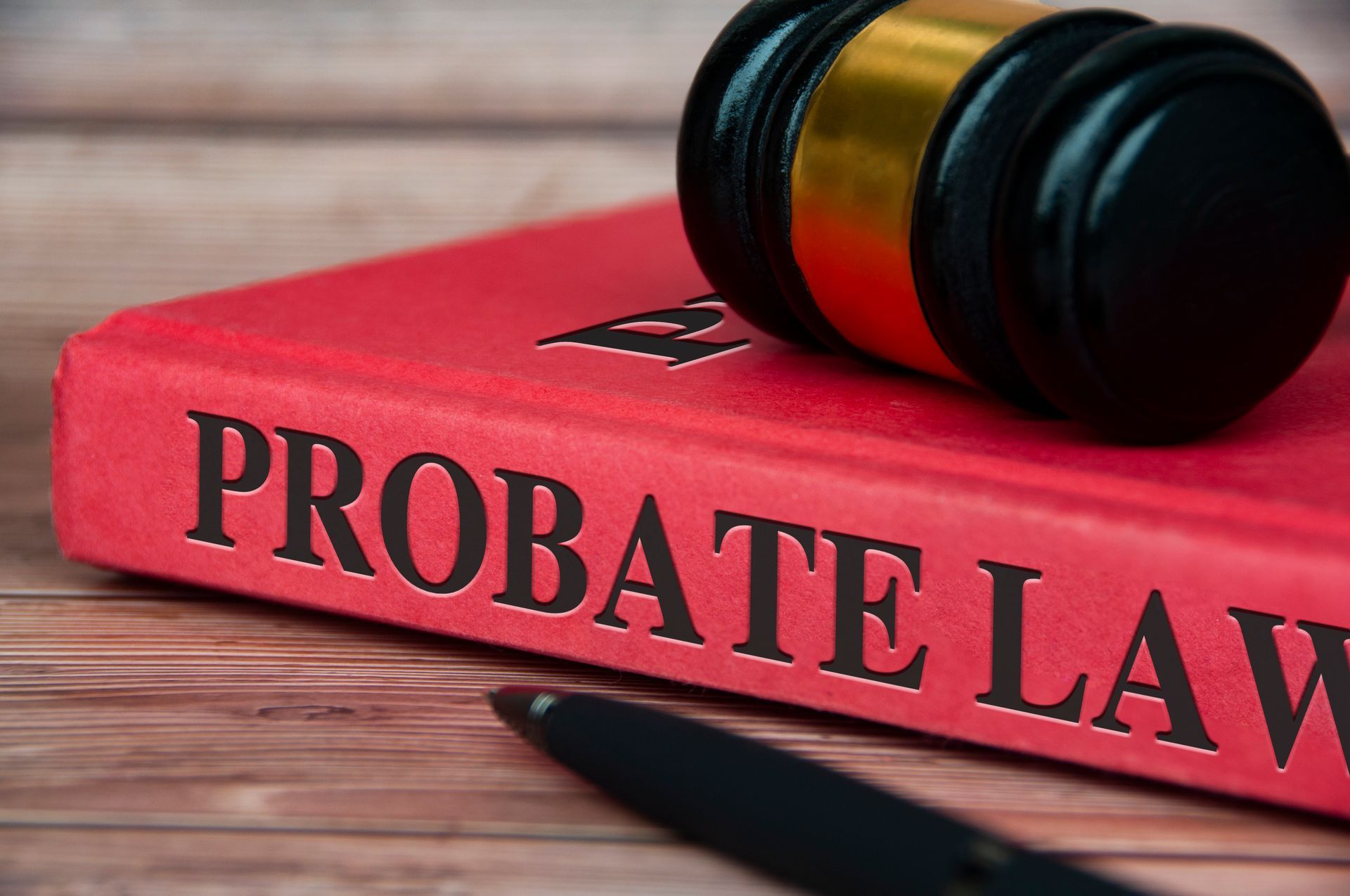10 Point Estate Planning Checklist for 2022

Updating estate planning strategies is not the most enjoyable things on Earth, but that is precisely one of the activities every responsible person should be doing around this time of year.
Planning and strategizing is crucial in the wake of uncertainty that the COVID-19 pandemic brought with it. Even with the latest scientific developments and the availability of medicines, nobody can be sure their health will not be put at risk by the newest virus variant or some other life-threatening danger.
To help you settle your affairs and gain control over what happens to your assets and the future welfare of your loved ones, we have created a 10 point estate planning checklist for 2022.
1. Itemize Your Inventory
Before you start developing a detailed plan for the distribution of your assets after your death, you should make a list of all valuable physical items, as well as non-tangible assets such as brokerage accounts,401(k) plans, and life insurance policies. Ensure you include the precise location of your physical assets and contact information for the companies holding non-physical possessions.
2. Make a List of Debts
After listing all your assets, don’t forget to assemble a separate list of open credit cards and other debts with the contact information of the card issuers and other creditors.
3. Update Your Life Insurance
Keeping your insurance beneficiaries list up-to-date is equally important. Contact life insurance companies to ensure persons who will receive your insurance death benefit are listed correctly. Also, make sure your insurance covers key life risks. That is essential having in mind insurance companies introduced new health risks related to the COVID-19 pandemic as part of their insurance plans.
4. Choose an Estate Administrator
An estate administrator is an individual responsible for administering your will after your death. It is crucially important to choose a trustworthy person you can rely on in executing such an important task.
5. Draft a Will
Every adult person should have a will. A will is an indispensable legal instrument for distributing your assets after your death. You can also deal with the issues such as naming a guardian for your minor children or leaving assets to charitable organizations. To ensure your will is valid, you must sign and date it in the presence of two non-related adult witnesses.
6. Create a Living Trust
Alternatively, you can create a living trust. It is a much easier and more affordable process than administering a will. Furthermore, a living trust is valid while you are alive, and since it is not a public record, no probate is required.
7. Create a Durable Power of Attorney
A power of attorney is a legal document giving one person called an agent or attorney-in-fact the power to make decisions on behalf of another person in matters related to property or finances. A durable power of attorney remains in effect if the principal becomes disabled.
8. Review Your Documents
Regularly reviewing your will and other estate planning documents is essential in keeping your strategy up-to-date, especially after significant life events, such as marriage, divorce, and the birth of a child.
9. Make Your Finances More Simple
The existence of multiple retirement plans and IRA accounts can make your estate planning strategies unnecessarily complicated. To simplify it, you should consolidate it into one individual account.
10. Consult with an Estate Attorney
Regardless of having checked all the points previously mentioned, it is always a good idea to consult with a professional. At Blade & Blade PA, we are determined to make your estate planning in 2022 as comfortable as possible.












